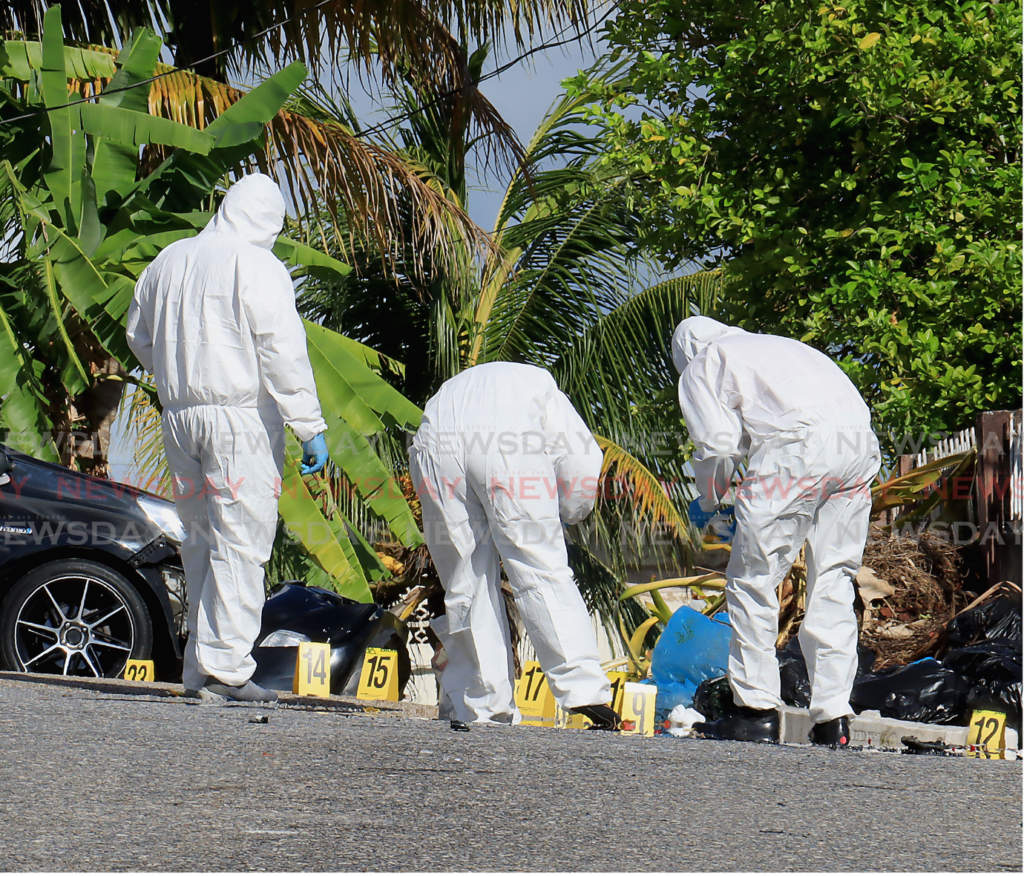Allowing police to do their work

THE EDITOR: When a crime occurs, the preservation of the crime scene is crucial for an accurate investigation. Police secure the area to protect evidence from contamination, ensuring that the integrity of the scene remains intact. This includes cordoning off the perimeter with crime scene tape and restricting access to authorised personnel only.
Individuals who enter the area without permission risk contaminating it with their own DNA, fingerprints, or other trace evidence, which can complicate the investigation. Forensic experts rely on untainted evidence to reconstruct the events and identify suspects. Any interference can lead to false leads or the wrongful implication of innocent people.
Unauthorised entry into a crime scene can result in arrest. Laws are in place to deter such actions, recognising the critical need for an unspoiled crime scene to achieve justice. Police officers are trained to handle and document evidence meticulously, following strict protocols to ensure that it holds up in court.
In summary, respecting the boundaries set by law enforcement at a crime scene is essential. Not only does it support the investigative process, but it also protects individuals from legal repercussions. By allowing the police to do their work without interference, we contribute to the accurate and efficient resolution of criminal cases.
GORDON LAUGHLIN
via e-mail

Comments
"Allowing police to do their work"